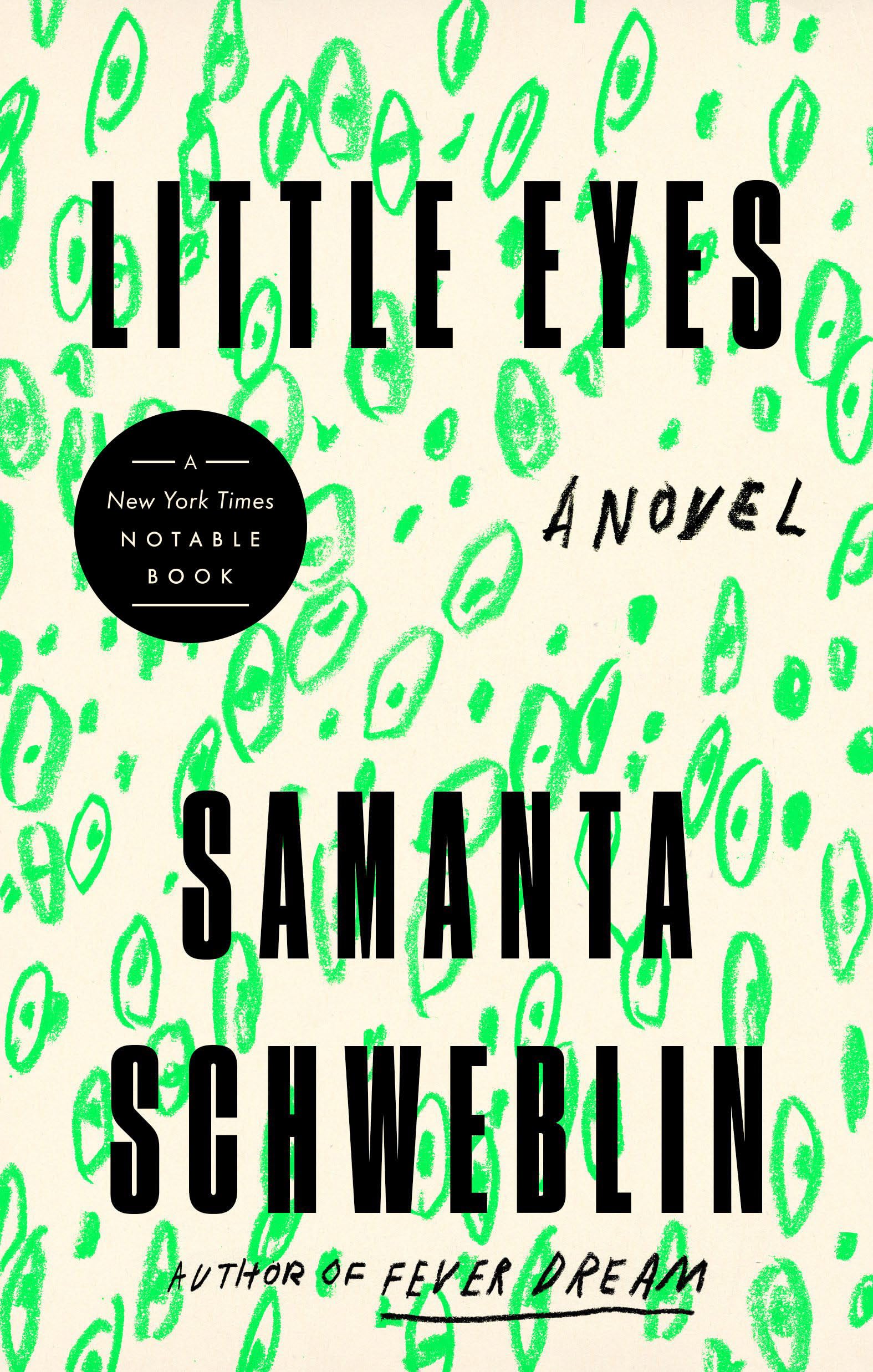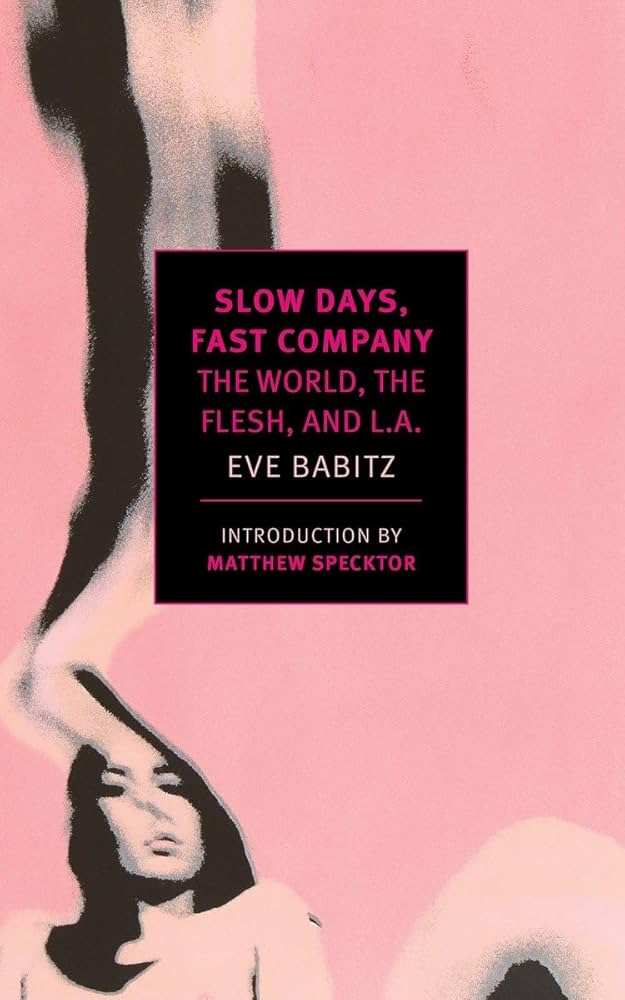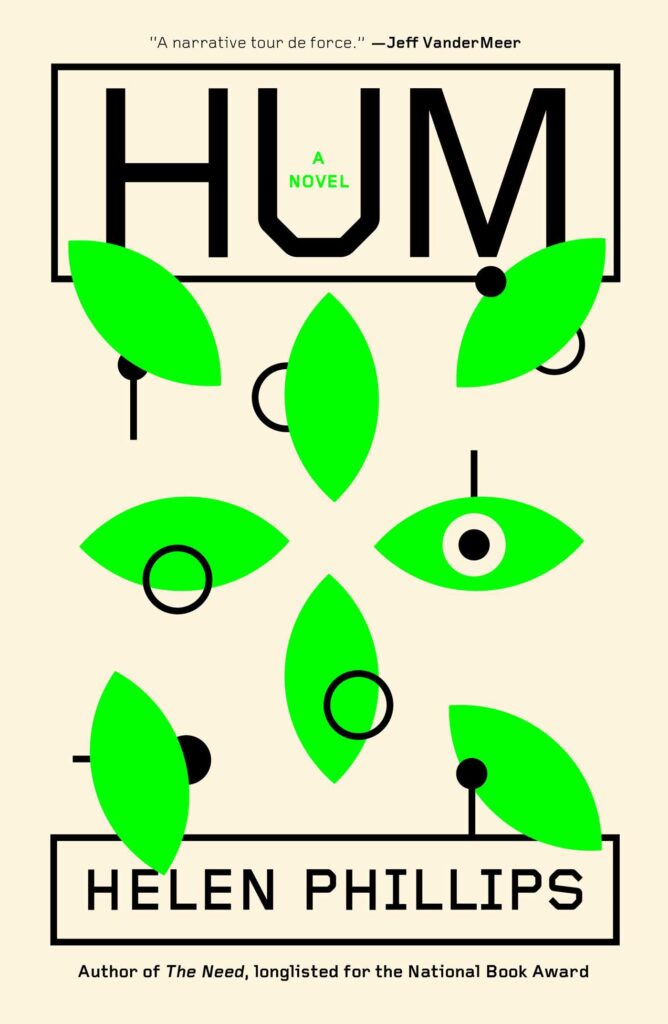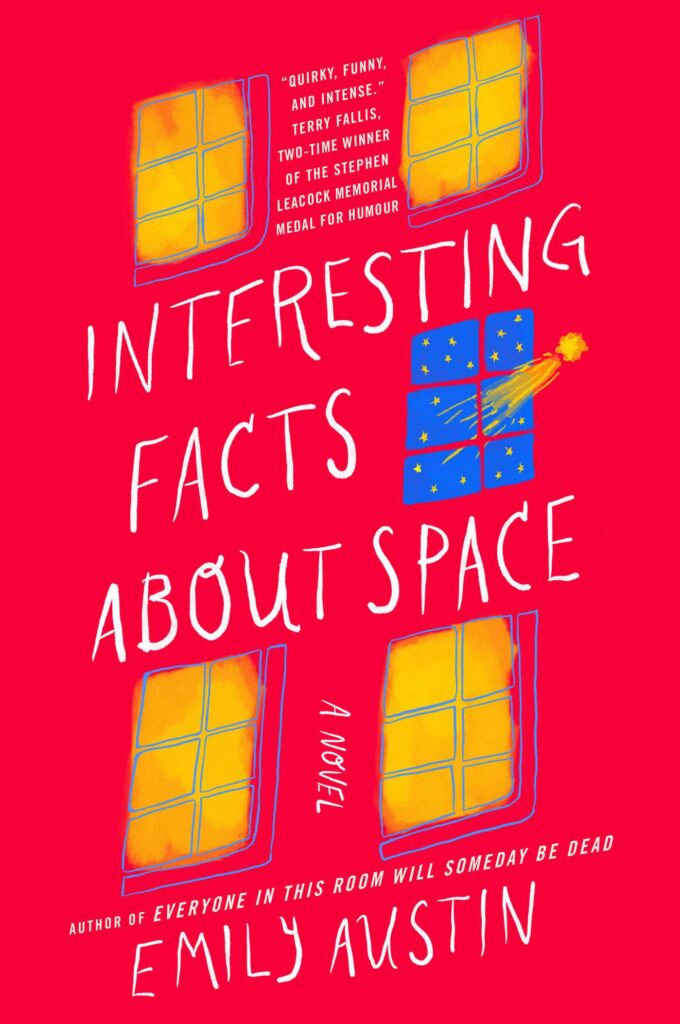I read Little Eyes a few years ago, but it was borrowed. When I saw it at Queen Books last week I couldn’t resist, and the second read was even better than the first. It’s an outrageously good book.
It’s set in the extremely near future, where a toy called a ‘kentuki’ is the latest rage. The owner of this toy (think Furby on wheels) is a keeper, and a dweller is a stranger who digitally inhabits the toy. The dweller connects with the toy and receives an audio and video feed from it, and can move it around, blink and trigger a simple sound.
Each short chapter is a story in this world — some we revisit a few times, some function simply as standalone stories. Schweblin uses this structure to explore multiple moods and themes — some lovely and warm, some creepy and sinister, some heartbreaking and shocking.
The first chapter of Little Eyes is enough to hook anyone — a group of teenage mean girls decide to use the dweller to blackmail a classmate, and it backfires when the dweller (via a ouija board) tells the girls how many of their secrets he can reveal.
Schweblin isn’t only interested in creepy stories. She pokes at how this technology unites and divides people, the freedom it offers those who dream of exploring new places, and how the broader culture and media responds.
I have a tendency to forget the endings of things I love, and the last 20 pages of this seemed all-new to me, and my breath caught several times as Schweblin tied up the various threads. I’d call it unforgettable, and it is, but somehow I think the next time I read this it’ll feel all new again.
You don’t need to be a sci-fi fan to dig this book. Schweblin’s writing (and the translation by Megan McDowell) is simple and direct. If you’re a Twilight Zone or early-seasons Black Mirror fan, or even a fan of Alfred Hitchcock films, Little Eyes will be like catnip.






